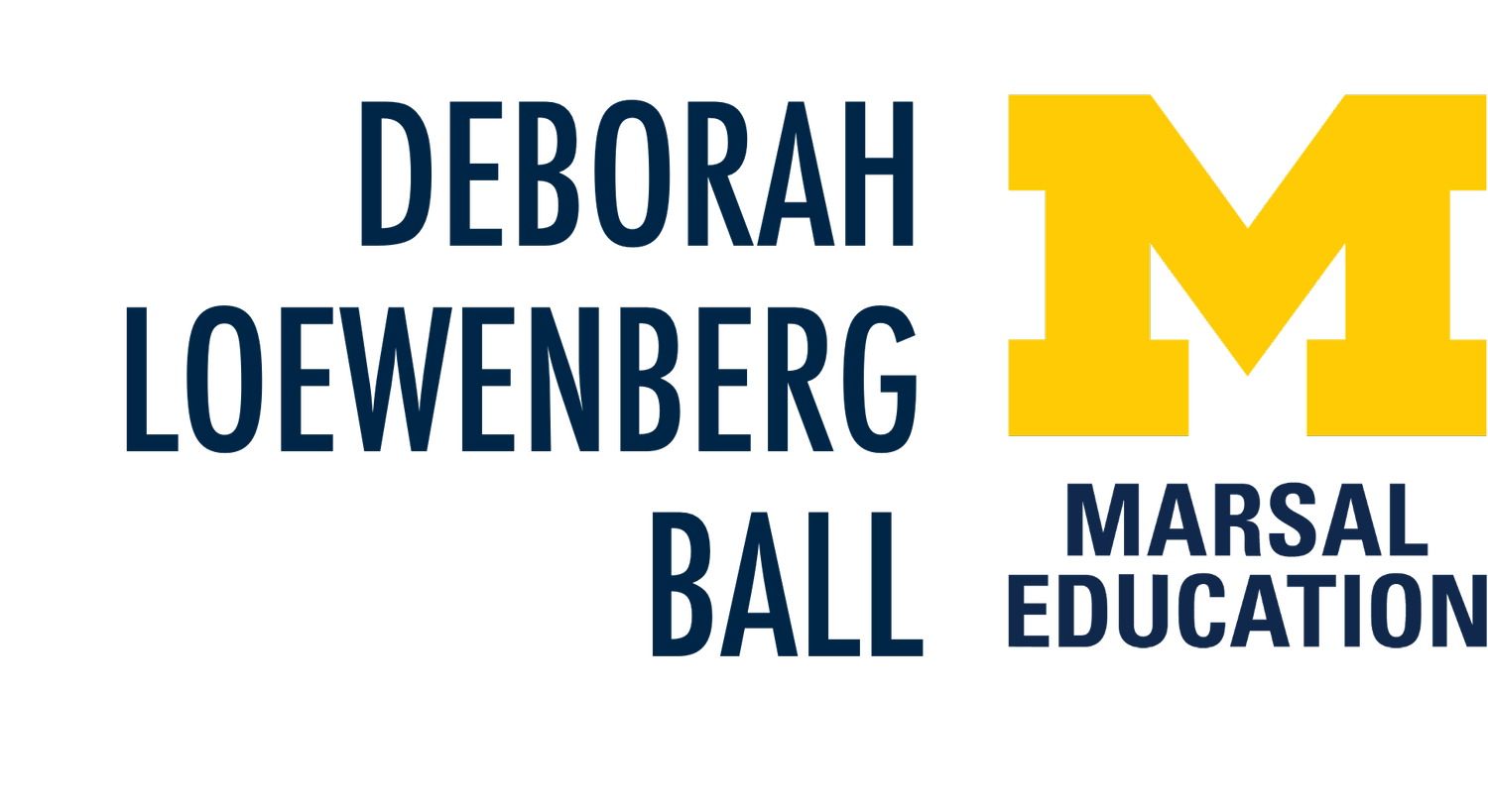As part of their Conversations on Intellectual Humility podcast series, JStor paired psychologist Shauna Bowes with Deborah Loewenberg Ball for a conversation about intellectual humility and public schooling. The wide-ranging conversation examines:
How elementary mathematics classrooms can serve as sites for practicing intellectual humility (including a discussion of an example from Loewenberg Ball’s own teaching)
How teachers can model intellectual humility
The role of listening in intellectual humility
How intellectual humility might be defined and/or constrained by gender and cultural identities
The role that intellectual humility could play in our current divided society
As Loewenberg Ball points out, listening is key to this work:
If you really listen to children, you see that they’re developing a ton of ideas and explanations for all kinds of things, but often nobody’s listening to them or even asking what they think. And the experience they get of listening in school is mostly like, um, I would call it like a, a cultural, a cultural view of what listening is supposed to look like. It’s pretty middle-class and white . . . In fact, in school, I would say typically most children learn the time to listen is when the teacher’s speaking, not when your classmates are speaking, and it takes some real work for them to learn, like, in this classroom what’s going to matter is hearing what your classmates think because they have ideas. That’s where you’re going to learn a lot.
She goes on to discuss the crucial role that teachers play in either disrupting or reinforcing dominant patterns of discourse as part of the work on intellectual humility:
So, for the education part of this, part of what teachers can do is create spaces where there are different kinds of norms and people are actually playing roles and like kids are learning about each other and about other identities in school. And if we’re inattentive to that, those same identities and same kinds of positions and roles get reinforced. But schooling is also a place where you can disrupt those. And so that’s another big responsibility, is the collective space that schooling represents that is different than individual people.
Listen to the podcast episode here.
Check out the entire series here.
